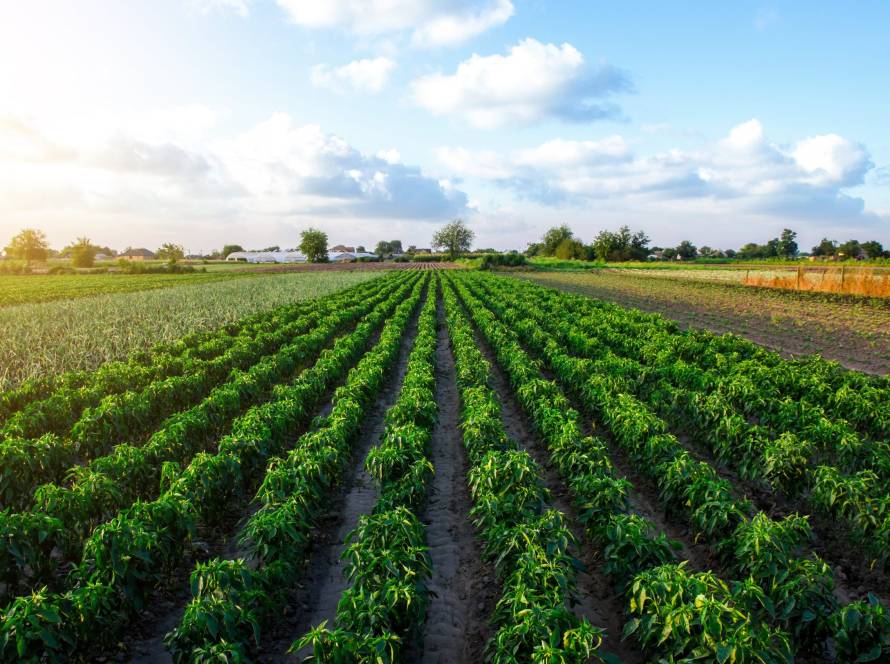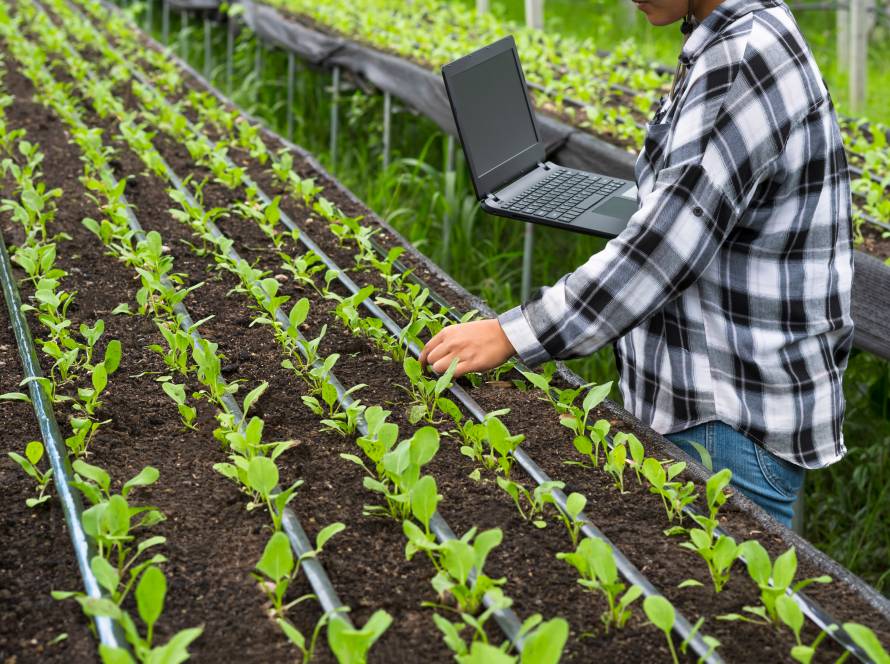Agriculture, one of humanity’s oldest practices, is undergoing a transformative process in today’s rapidly changing world. The growing population, climate change, dwindling water resources, and the need for sustainability are driving the agriculture sector to embrace more efficient, environmentally friendly, and innovative solutions. At the heart of this transformation are artificial intelligence (AI) and smart farming technologies. However, these innovations are being integrated with traditional farming practices, preserving the wisdom of the past. Here’s a look at the powerful fusion that inspires us.
What is Smart Farming?
Smart farming refers to the application of technology-driven solutions to increase agricultural productivity, optimize resource usage, and promote sustainability. By leveraging tools such as artificial intelligence, IoT (Internet of Things), data analytics, drones, and sensors, this approach enables farmers to make more accurate and efficient decisions.
With these technologies:
- Soil fertility is analyzed,
- Plant diseases are detected early,
- Irrigation and fertilization are optimized,
- Crop quality is improved.
The key here is that technology becomes more effective when combined with traditional agricultural knowledge, rather than standing alone.
How Artificial Intelligence is Transforming Agriculture
Artificial intelligence acts like an invisible farmer in agriculture. By analyzing large data sets, it provides insights into agricultural processes and enhances productivity. Here are some of the contributions AI is making to agriculture:
1. Data-Driven Decision Making
AI analyzes data such as weather, soil moisture, and temperature to provide recommendations on what crops to plant, when to plant them, and how to optimize the process.
2. Disease and Pest Detection
AI identifies early signs of plant diseases, enabling prompt intervention and minimizing crop loss.
3. Smart Irrigation Systems
Optimizes agricultural irrigation needs with water-saving systems, ensuring efficient use of water resources.
4. Yield Predictions
Analyzes crop development, weather conditions, and historical data to predict harvest times and yield outcomes.
The Power of Traditional Farming: Preserving the Soul of the Land
While technology shapes the future of agriculture, the essence of farming comes from respecting nature. Traditional farming methods emphasize harmony with natural cycles, prioritizing soil health, and nurturing production processes driven by manual labor and experience.





